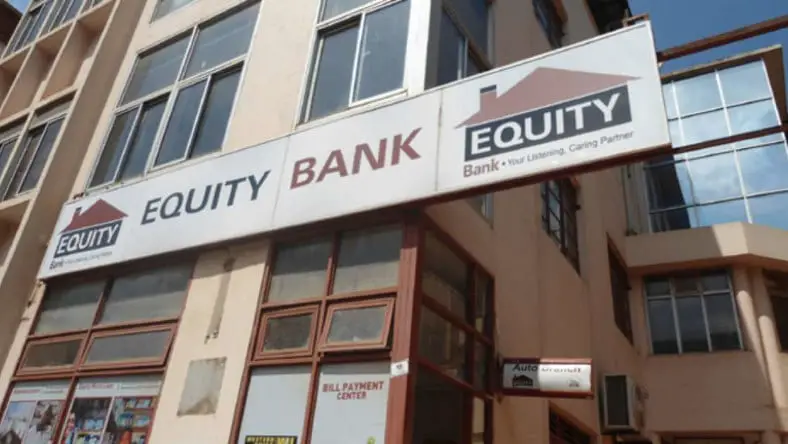The project has violated numerous principles and norms established by multi-stakeholder bodies. For example, in violation of Wilmar’s commitment to uphold the Roundtable on Sustainable Palm Oil principles, the land for the project was taken without Free, Prior and Informed Consent (FPIC). Affected communities were informed about the project, but were not consulted, did not participate in decision making, and never gave formal consent. Some residents have actively resisted the project while others have persistently returned to the land that the project has taken over. In the latter case, the government has used force to remove what it calls ‘the encroachers.’22 The project has also violated the UN Global Compact, of which Wilmar is a member, by failing to respect internationally claimed human rights, failing to ensure that its operations are consistent with national laws,23 failing to support a precautionary approach to environmental challenges and being complicit in human rights abuses.
The demands of the poor local communities should be addressed immediately:
- Land taken, or land of equal value should be returned to them.
- They must be given adequate compensation for crops destroyed.
- There must be resolution of on-going disputes and security of tenure for remaining pieces of land.
The project should not go ahead without obeying national laws. This includes concluding the environmental impact assessment, involving a consultative process with stakeholders.
Free, Prior, and Informed Consent must be applied for all project areas, and no land should be taken without community consent.
There should be no conversion of natural forest areas to palm oil plantations and no planting of palm oil in areas that have been deforested in the last three years.
All information about social and environmental impacts of the project should be available for communities.

















































